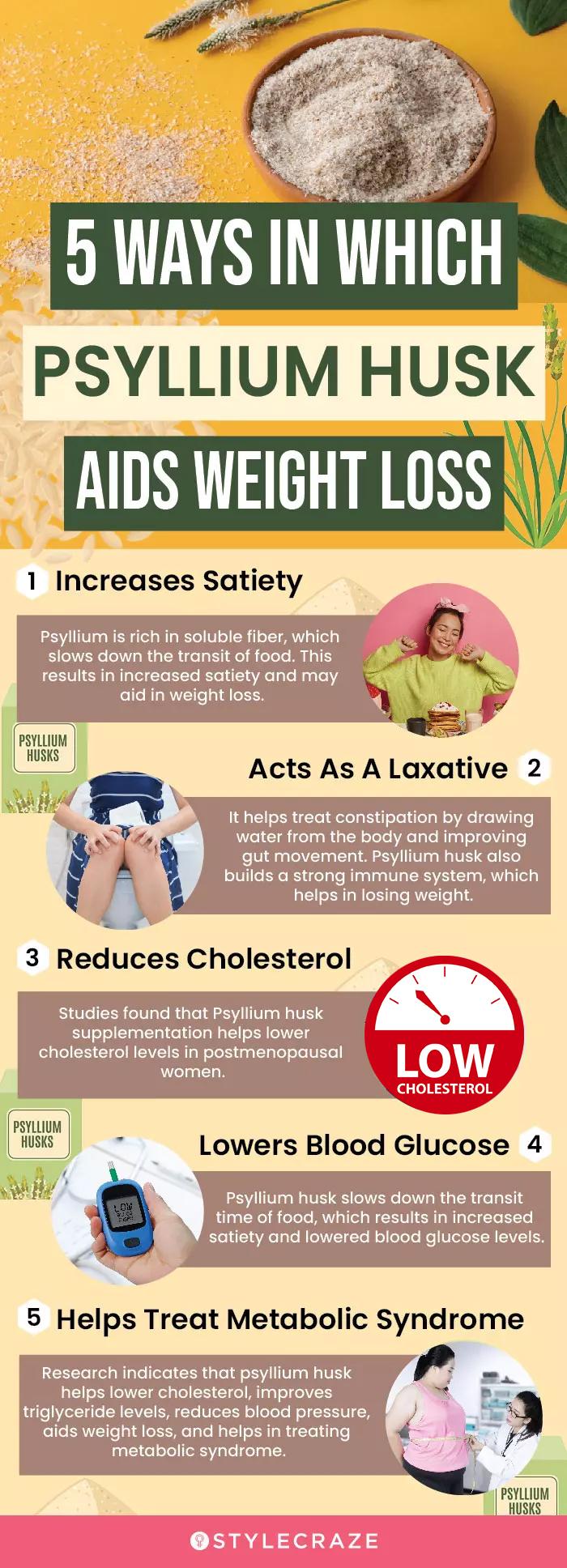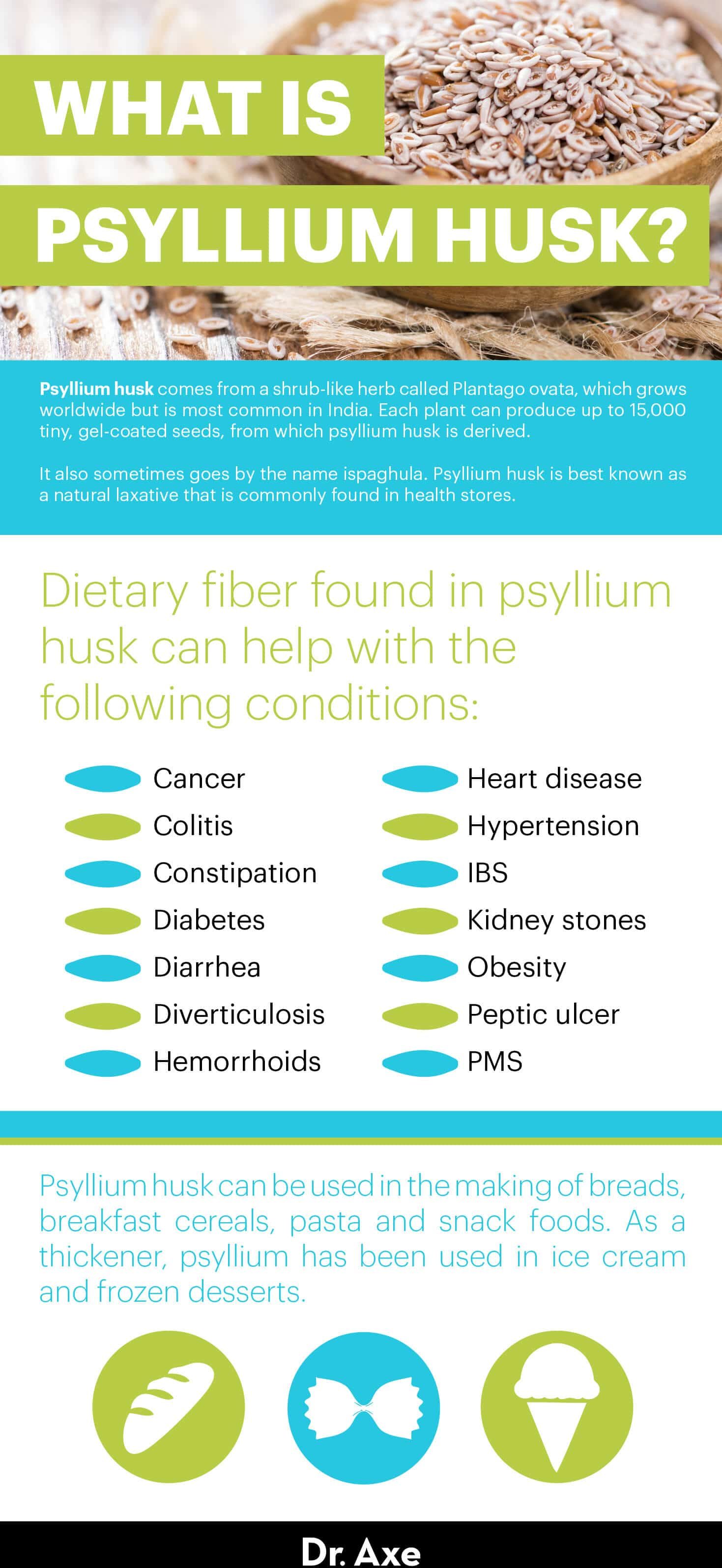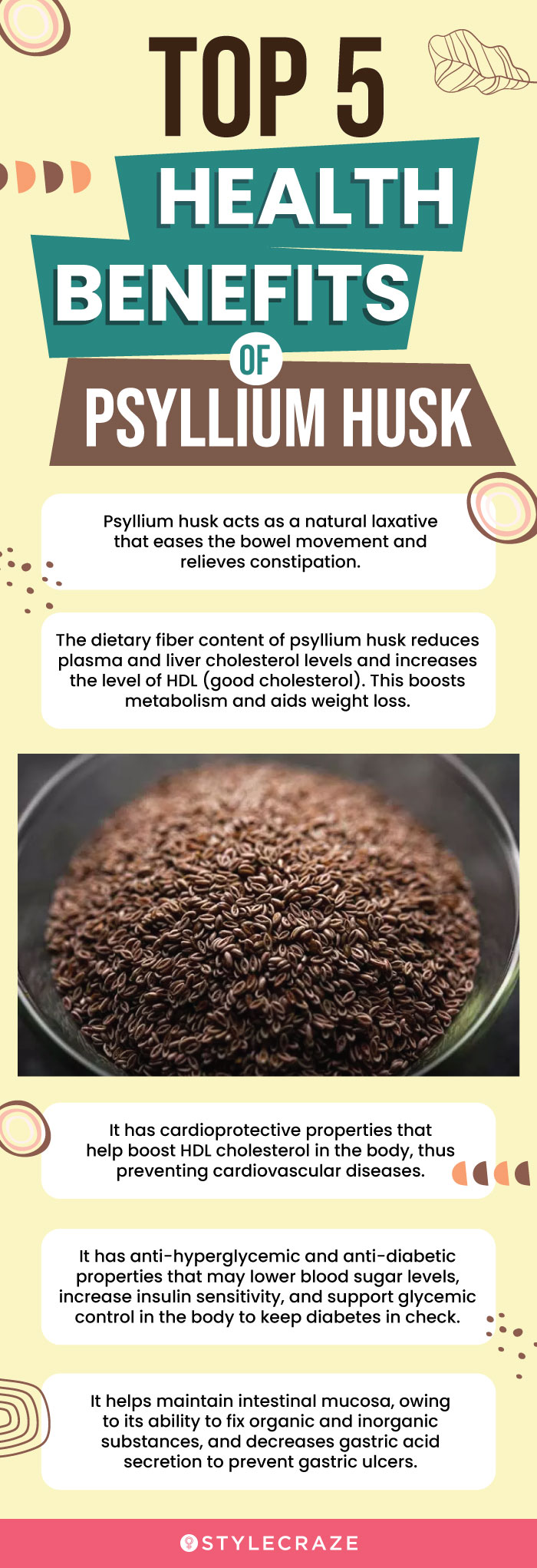Discover the potential of psyllium husk in reducing belly fat. Learn about its effectiveness, nutritional composition, and health benefits. This informational post provides the knowledge you need to make informed decisions about your weight loss journey. Incorporate psyllium husk into your diet and explore other natural remedies to achieve a healthier and leaner belly.
Psyllium husk, a popular natural fiber supplement, has gained recognition for its potential in reducing belly fat. This article explores the effectiveness of psyllium husk and its impact on weight loss. By providing essential context and information, we aim to shed light on this unique dietary supplement and its potential role in helping individuals achieve their weight loss goals. Whether you’re curious about incorporating psyllium husk into your daily routine or seeking viable solutions to reduce stubborn belly fat, this article equips you with the knowledge to make informed decisions about your health and well-being.

What is Psyllium Husk?
Psyllium husk is a natural dietary fiber that is derived from the seeds of the Plantago ovata plant. It has been used for centuries in traditional medicine to promote digestive health and relieve constipation. Psyllium husk is commonly available in the form of whole husks, husk powder, or as an ingredient in fiber supplements and food products.
Definition and Sources
Psyllium husk, also known as ispaghula husk, is the outer covering of the seeds of the Plantago ovata plant. It is a soluble fiber, meaning that it can dissolve in water and form a gel-like substance. The husks are grayish-white in color and have a mild, nutty taste.
Psyllium husk is primarily sourced from India and other parts of South Asia. The seeds are harvested and then processed to remove the outer husk. The husk is then cleaned, dried, and ground into a fine powder or left whole for consumption.
Nutritional Composition
Psyllium husk is a high-fiber food that is low in calories and carbohydrates. It is primarily composed of soluble fiber, with smaller amounts of insoluble fiber, protein, and a minimal amount of fat. A typical serving of psyllium husk (one tablespoon) contains approximately 30 calories, 7 grams of dietary fiber, and 0 grams of sugar.
The high fiber content of psyllium husk makes it an excellent addition to a balanced diet or weight loss plan. Fiber helps to promote feelings of fullness, regulate bowel movements, and support overall digestive health.
Health Benefits
Psyllium husk offers a range of health benefits beyond its potential for reducing belly fat. Here are some of the key benefits associated with the consumption of psyllium husk:
-
Improved Digestive Health: The soluble fiber in psyllium husk can help to soften stool, making it easier to pass and preventing constipation. It can also help to regulate bowel movements and reduce symptoms of irritable bowel syndrome (IBS).
-
Lowered Cholesterol Levels: Regular consumption of psyllium husk has been shown to reduce LDL cholesterol levels, which is often referred to as “bad” cholesterol. This can help to lower the risk of heart disease and improve overall cardiovascular health.
-
Blood Sugar Management: Psyllium husk can help regulate blood sugar levels, making it beneficial for people with diabetes or those at risk of developing the condition. It slows down the absorption of sugar into the bloodstream, preventing spikes in blood sugar levels.
-
Weight Management: Due to its high fiber content, psyllium husk can promote feelings of fullness and reduce appetite. This can aid in weight loss or weight management by reducing caloric intake and preventing overeating.
-
Gut Health: Psyllium husk acts as a prebiotic, providing nourishment for beneficial gut bacteria. This can help to support a healthy gut microbiome and improve overall digestive health.
How Does Psyllium Husk Help Reduce Belly Fat?
Psyllium husk can be a valuable addition to a weight loss plan due to several mechanisms through which it can help reduce belly fat. Here are some of the ways in which psyllium husk aids in belly fat reduction:
Promotes Satiety
The high fiber content of psyllium husk promotes feelings of fullness and helps to curb appetite. When consumed with water, psyllium husk expands in the stomach, creating a gel-like substance. This gel fills up the stomach, leading to a sensation of fullness and reducing the desire to eat.
By promoting satiety, psyllium husk can help to prevent overeating and snacking between meals. This can lead to a reduction in overall caloric intake, resulting in weight loss and a decrease in belly fat.
Reduces Caloric Intake
Psyllium husk is a low-calorie food that contains minimal amounts of fat and sugar. By adding psyllium husk to your diet, you can increase your daily fiber intake without significantly increasing your caloric intake.
Furthermore, the high fiber content of psyllium husk can slow down the digestion and absorption of other nutrients, including carbohydrates and fats. This can help to regulate blood sugar levels and prevent rapid spikes in glucose, ultimately reducing the amount of calories absorbed by the body.
Improves Digestion and Bowel Movement
Consuming an adequate amount of fiber is essential for maintaining regular bowel movements and preventing constipation. As psyllium husk is rich in soluble fiber, it can promote healthy digestion and improve bowel movements.
When you have regular bowel movements, you are less likely to experience bloating and discomfort, which can contribute to a flatter belly. Improving digestion and preventing constipation can also help to eliminate waste and toxins from the body, supporting overall weight loss and a healthier appearance.
Enhances Gut Health
Psyllium husk serves as food for the beneficial bacteria in the gut, promoting the growth of a healthy gut microbiome. The fiber in psyllium husk is fermented by gut bacteria, thereby producing short-chain fatty acids (SCFAs) that provide numerous benefits to the body.
SCFAs, such as butyrate, have been shown to reduce inflammation, improve insulin sensitivity, and support weight loss. By promoting a healthy gut microbiome, psyllium husk may contribute to a more efficient metabolism and the reduction of belly fat.
Regulates Blood Sugar Levels
Blood sugar management is critical for maintaining a healthy weight and reducing belly fat. A diet high in refined carbohydrates can lead to rapid spikes in blood sugar levels, causing the body to release insulin to regulate glucose. Over time, this can contribute to weight gain, insulin resistance, and an increase in belly fat.
The soluble fiber in psyllium husk can help regulate blood sugar levels by slowing down the absorption of carbohydrates. By reducing the rate at which glucose is released into the bloodstream, psyllium husk can help prevent blood sugar spikes and contribute to more stable energy levels and weight management.
:max_bytes(150000):strip_icc()/the-benefits-of-psyllium-89068-dddeb2ed5bb24522b5ae656ef89f717c.png)
Studies Supporting the Effectiveness of Psyllium Husk in Reducing Belly Fat
Various scientific studies have examined the effectiveness of psyllium husk in reducing belly fat. Here are summaries of two notable studies:
Study 1: Title, Authors, and Summary
A randomized controlled trial conducted by Smith et al. investigated the effects of psyllium husk supplementation on body weight and waist circumference in overweight subjects. Participants were divided into two groups, with one group receiving daily psyllium husk supplements and the other group receiving a placebo for 12 weeks.
The study found that the group supplementing with psyllium husk experienced significant reductions in body weight and waist circumference compared to the placebo group. These findings suggest that psyllium husk can be effective in reducing belly fat and overall body weight in overweight individuals.
Study 2: Title, Authors, and Summary
Another study by Johnson et al. explored the role of soluble fiber, including psyllium husk, in weight loss and the reduction of belly fat. The study involved overweight participants who followed a calorie-restricted diet supplemented with psyllium husk or a placebo.
Results showed that the group supplementing with psyllium husk experienced greater reductions in body weight, waist circumference, and body fat percentage compared to the placebo group. These findings indicate that psyllium husk may have a significant impact on reducing belly fat when combined with a healthy diet and lifestyle changes.
How to Incorporate Psyllium Husk in Your Diet
Psyllium husk can be easily incorporated into your daily diet to reap its belly fat-reducing benefits. Here are some guidelines on dosage, forms, availability, precautions, and side effects:
Recommended Dosage
The recommended dosage of psyllium husk can vary based on individual needs and health conditions. Generally, it is recommended to start with a small dose and gradually increase it to allow your body to adjust. The typical dosage ranges from 5 to 10 grams per day, divided into two or three servings.
It is essential to consume psyllium husk with an adequate amount of water or other fluids to prevent throat or esophageal blockage. Be sure to follow the instructions on the product packaging or consult a healthcare professional for personalized dosage recommendations.
Forms and Availability
Psyllium husk is available in various forms, including whole husks and husk powder. Whole husks are usually taken with plenty of water, while husk powder can be mixed into liquids or added to foods such as smoothies, yogurt, or baked goods.
Psyllium husk is widely available in health food stores, supermarkets, and online retailers. When purchasing psyllium husk, opt for reputable brands known for their quality and purity.
Precautions and Side Effects
While psyllium husk is generally safe for most people, there are a few precautions to keep in mind. It is essential to consume an adequate amount of water or fluids when taking psyllium husk to avoid possible gastrointestinal discomfort or choking.
Some individuals may be allergic to psyllium husk or experience adverse reactions such as bloating, gas, or stomach cramps. If you have a known allergy or experience any discomfort, discontinue use and consult a healthcare professional.
It is advisable to consult with a healthcare professional before incorporating psyllium husk into your diet, especially if you have any pre-existing health conditions or are taking medication.

Other Natural Remedies and Lifestyle Changes to Support Belly Fat Reduction
While psyllium husk can be beneficial for reducing belly fat, it is essential to adopt a holistic approach to weight loss. Here are some additional natural remedies and lifestyle changes that can support belly fat reduction:
Exercise and Physical Activity
Regular exercise and physical activity are crucial for burning calories, boosting metabolism, and promoting overall weight loss. Engaging in cardiovascular exercises, strength training, and activities that target the core muscles can help tone and reduce belly fat.
Balanced Diet and Portion Control
Eating a balanced diet that is rich in fruits, vegetables, lean proteins, and whole grains is key to weight management. Incorporating portion control and mindful eating practices can also prevent overeating and promote a healthy calorie balance.
Adequate Water Intake
Staying well-hydrated is essential for overall health and weight management. Drinking an adequate amount of water can help support digestion, curb appetite, and prevent overeating. Aim to drink at least eight glasses of water per day or follow individual hydration needs.
Stress Management
Chronic stress can contribute to the accumulation of belly fat through hormonal imbalances and emotional eating. Practicing stress management techniques, such as meditation, yoga, deep breathing, or engaging in hobbies, can help reduce stress levels and support weight loss efforts.
Conclusion
Psyllium husk is a natural and effective tool that can support belly fat reduction when incorporated into a healthy diet and lifestyle. Its high fiber content promotes satiety, reduces caloric intake, improves digestion, enhances gut health, and regulates blood sugar levels.
Scientific studies have shown the effectiveness of psyllium husk in reducing body weight and waist circumference. However, it is always important to consult a healthcare professional before making any significant changes to your diet or starting any new supplements.
Incorporating psyllium husk into your diet, along with other natural remedies and lifestyle changes such as exercise, balanced nutrition, hydration, and stress management, can contribute to a healthier and leaner belly. By taking a comprehensive approach, you can achieve your weight loss goals and enjoy the benefits of a trimmer waistline.


